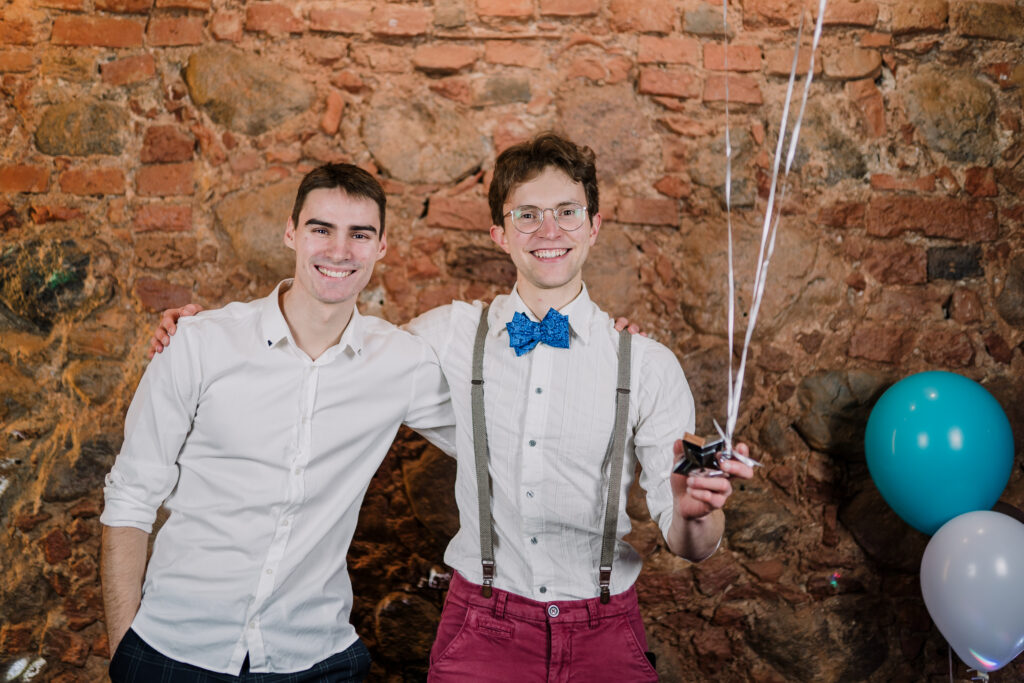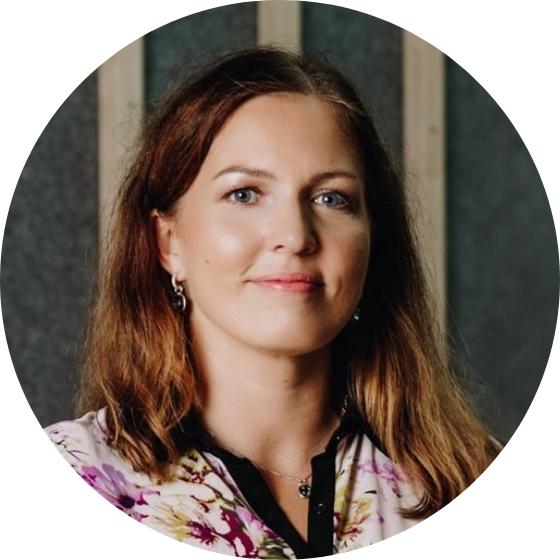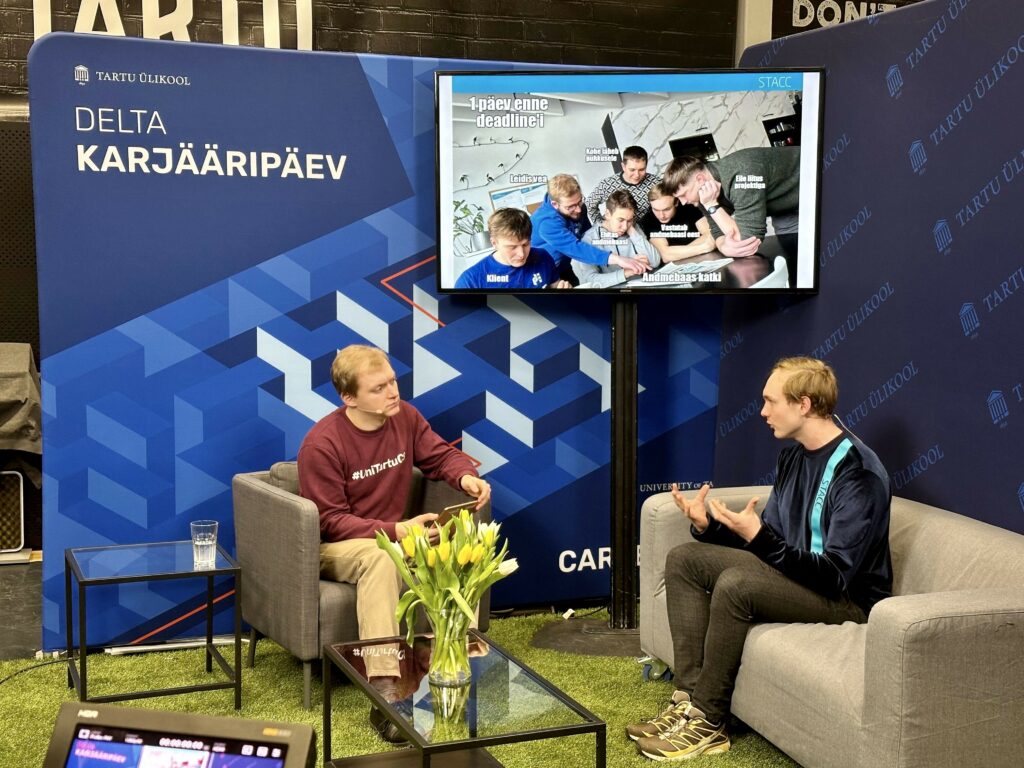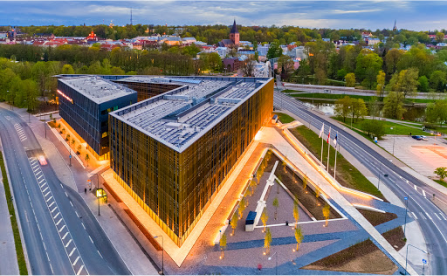In spring 2019, I was finishing up my bachelor studies at the physics institute of Tartu University. At the time, I was trying to figure out my next steps in life. I had a short-term plan assigned to me by the Estonian Defense Forces – 11 months of military service, but I lacked a longer plan. This spring, three different things happened that showed me the way forward:
- I started to burn out from my physics studies and knew that I wanted a change of pace.
- I took an “Artificial neural networks” course because it sounded cool. I enjoyed this course, and it introduced me to the world of data science.
- My coursemate told me about a new data science master curriculum opening at Tartu University.
It became apparent what I should do next.
And so, after a year of military adventures, I headed back to the University of Tartu. This time to the computer science institute. I studied for one semester and then decided to kick off my career by starting to work as a data scientist (I’m a firm believer in “learn by doing”). STACC caught my interest while searching for a fitting company because of its pure focus on data science. Instead of having a single data science team like most IT companies, the whole STACC is a data science department that sells its competence to other companies. What could be a better place to learn my new profession?
My application process to STACC was funny because, at first, nobody responded to my email. But surprisingly, after a few weeks, I got a call from the CEO who asked me to interview. It turned out that my email aligned perfectly with the vacation of the personnel manager. After that, everything went smoothly, and I started my internship at STACC in February 2021.
Initially, I was worried about the transition from physics to IT and whether I had sufficient skills for that. That’s why I had a pleasant surprise when I learned that multiple data scientists in STACC have backgrounds in physics, chemistry, and mathematics instead of IT. Now looking back, I can confirm that education in physics is a strong foundation from where you can successfully pivot your career to other fields. Skills I acquired in my physics studies like problem-solving, analytical thinking, calculus, scientific method, and the ability to read scientific papers are also highly regarded in data science.
My internship went well despite the pandemic. When spring turned to summer, I was offered a position as a data scientist at STACC, which I gladly accepted. At the time of writing this post, I’ve been working at STACC for a year, and I’m still very happy with my choice. There are always many diverse data science projects going on simultaneously, which keeps work fresh and exciting and gives a perfect opportunity to delve into multiple industries.
This spring, I will graduate from my data science curriculum. With that, I can safely say that a physicist has transformed into a data scientist.








